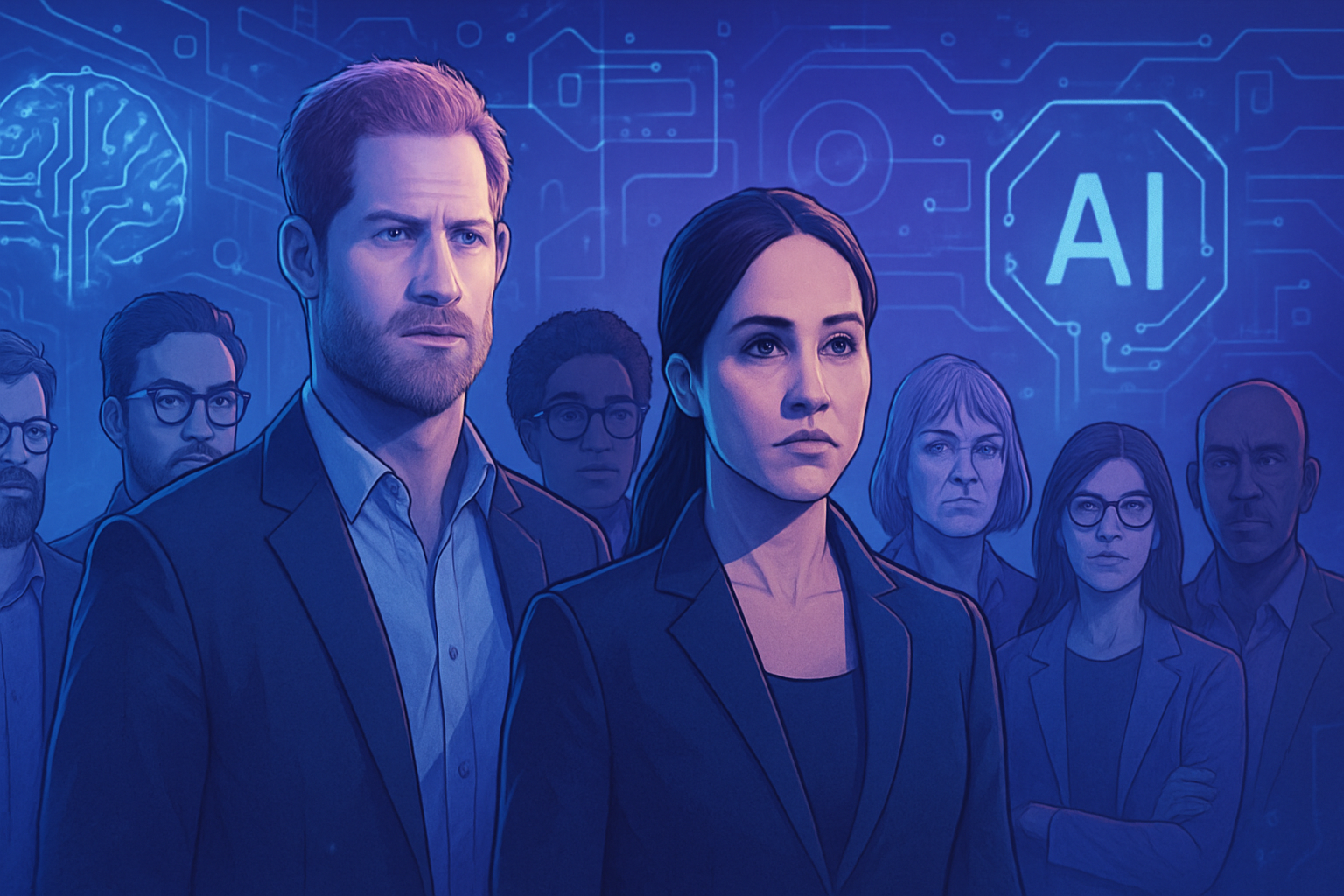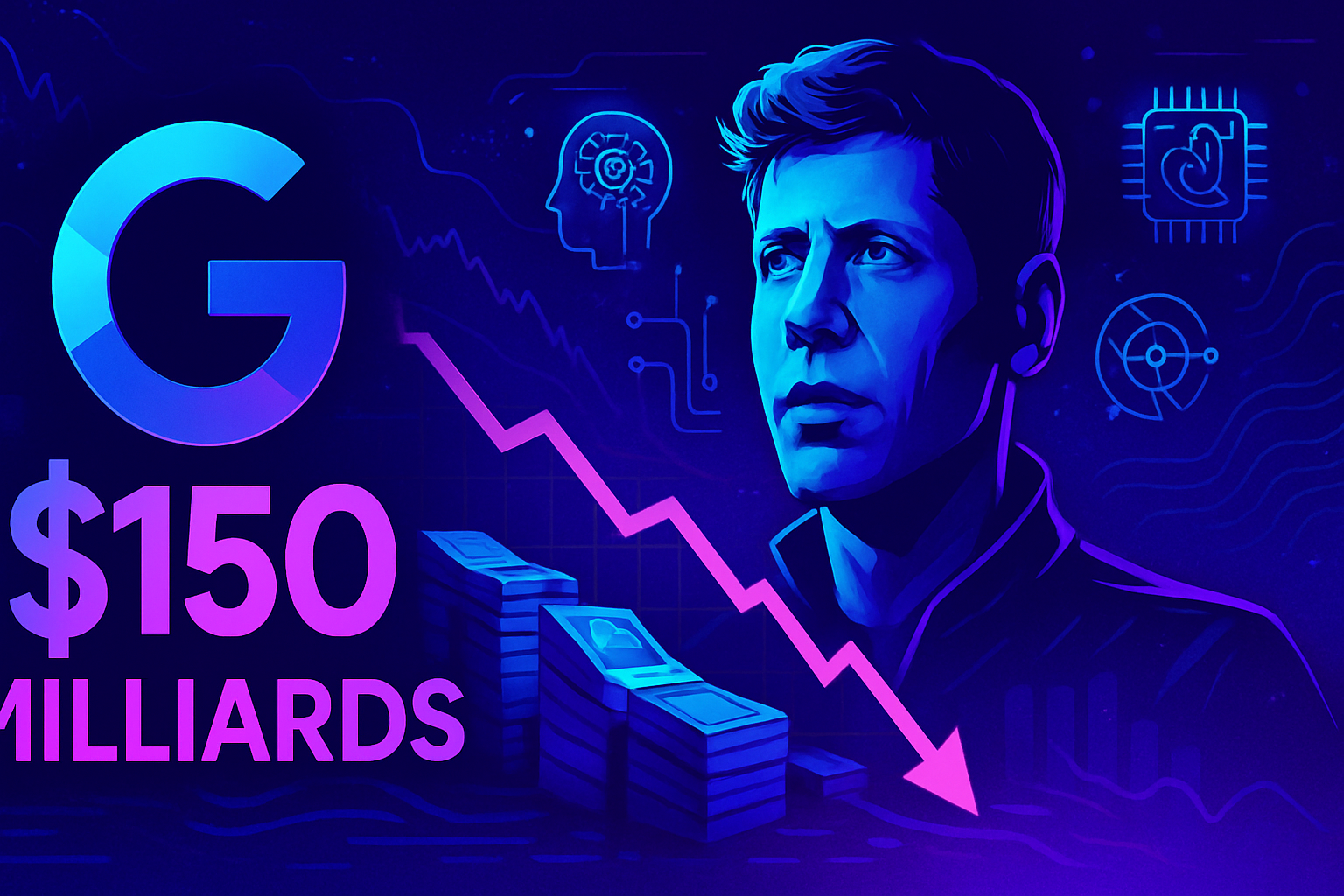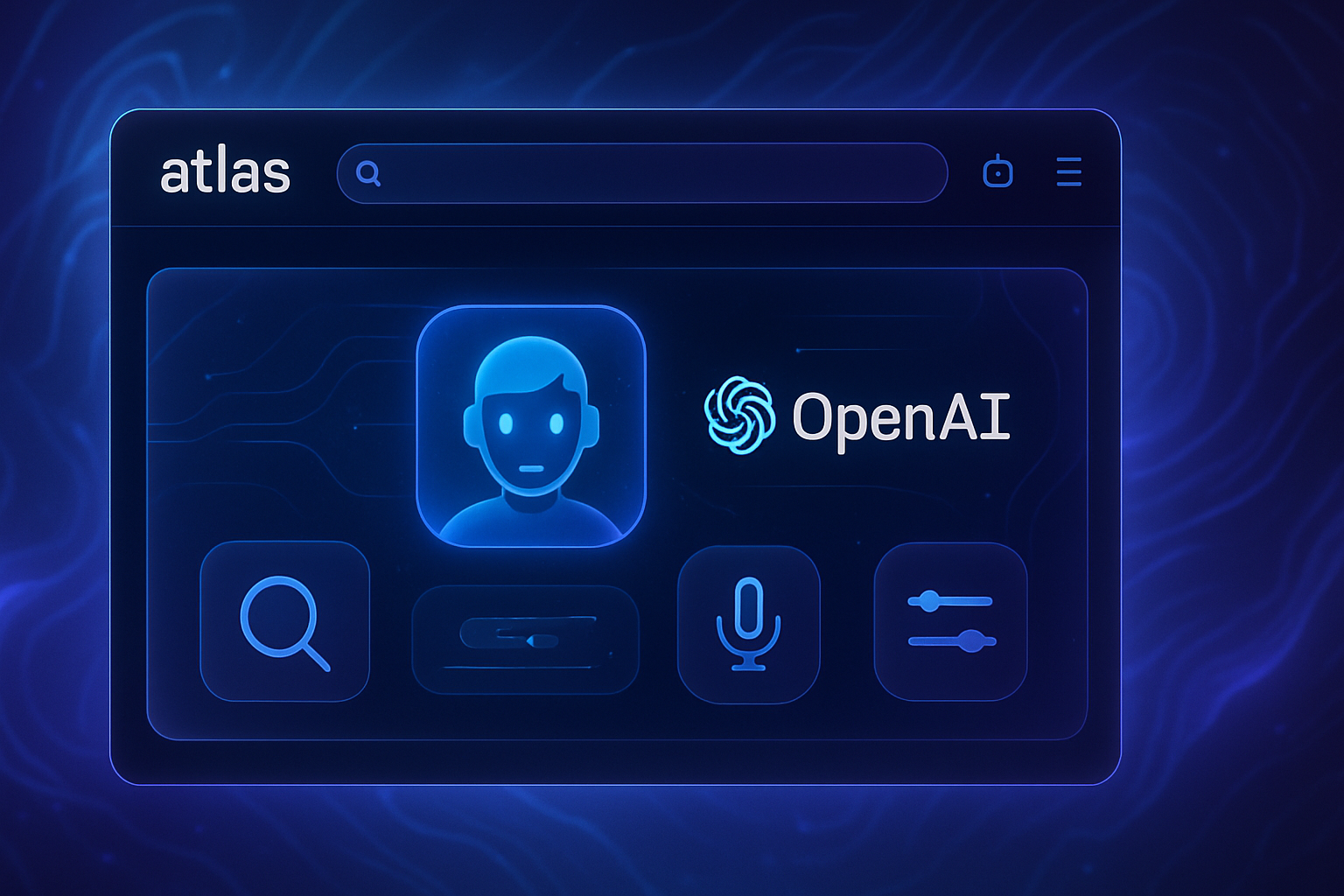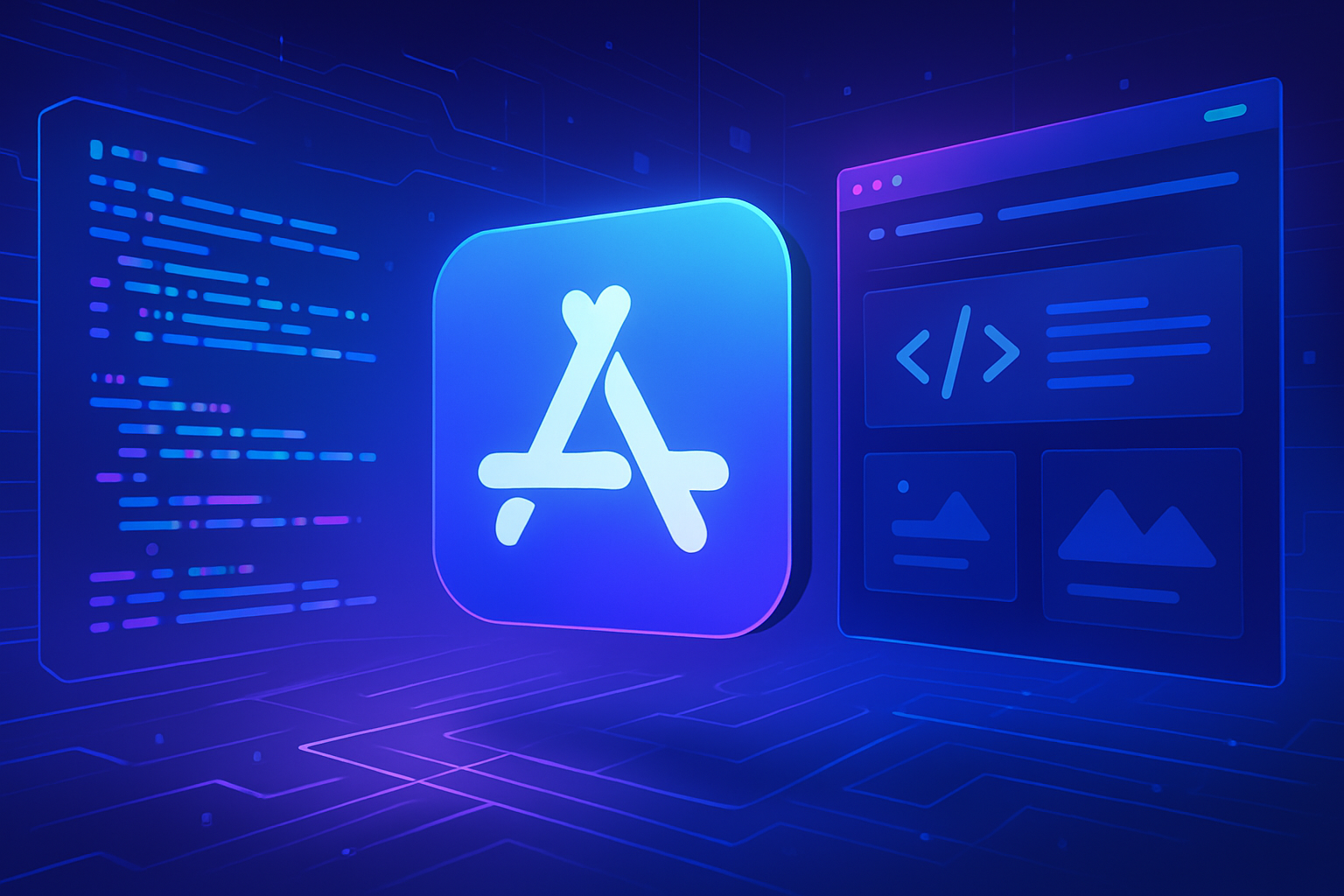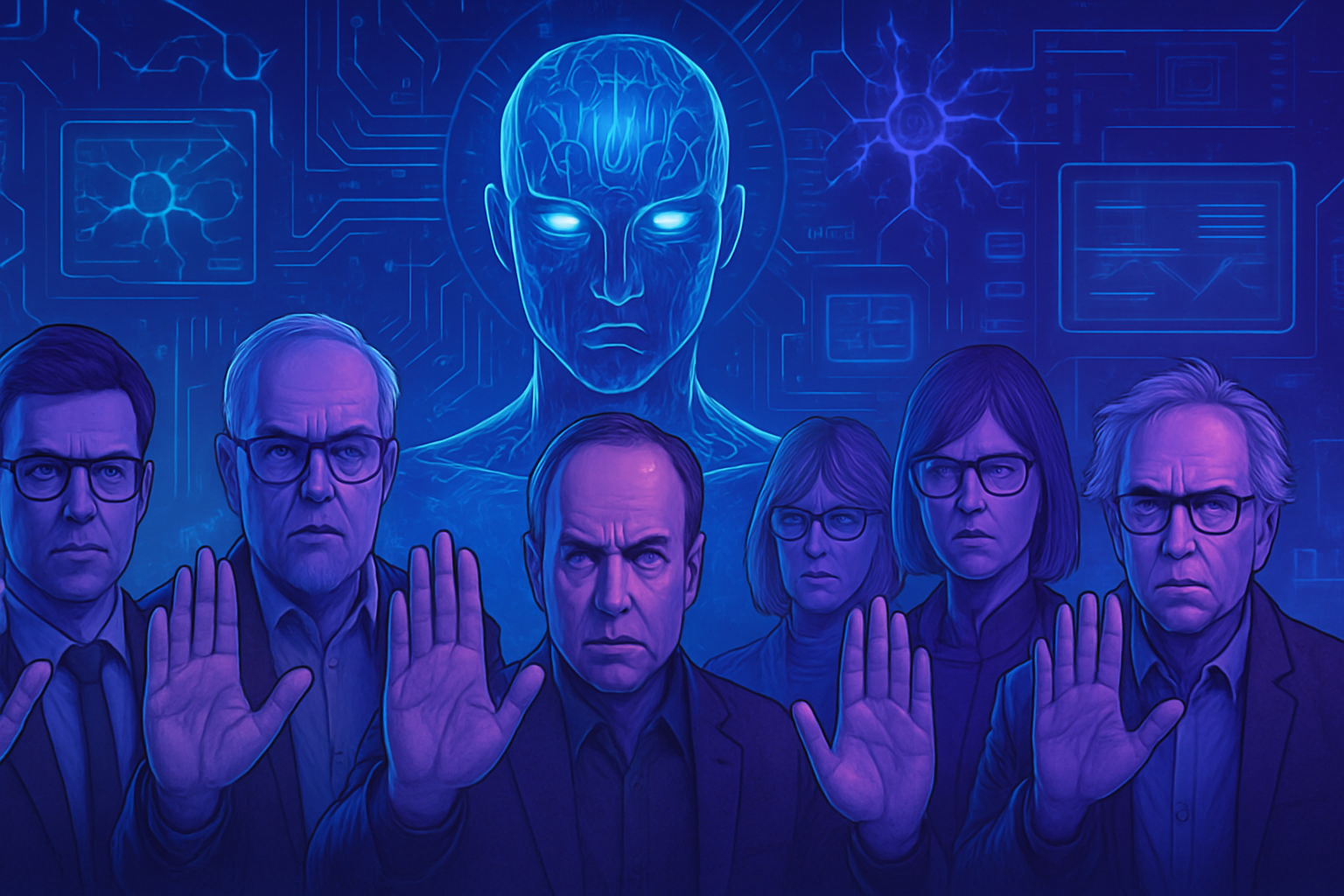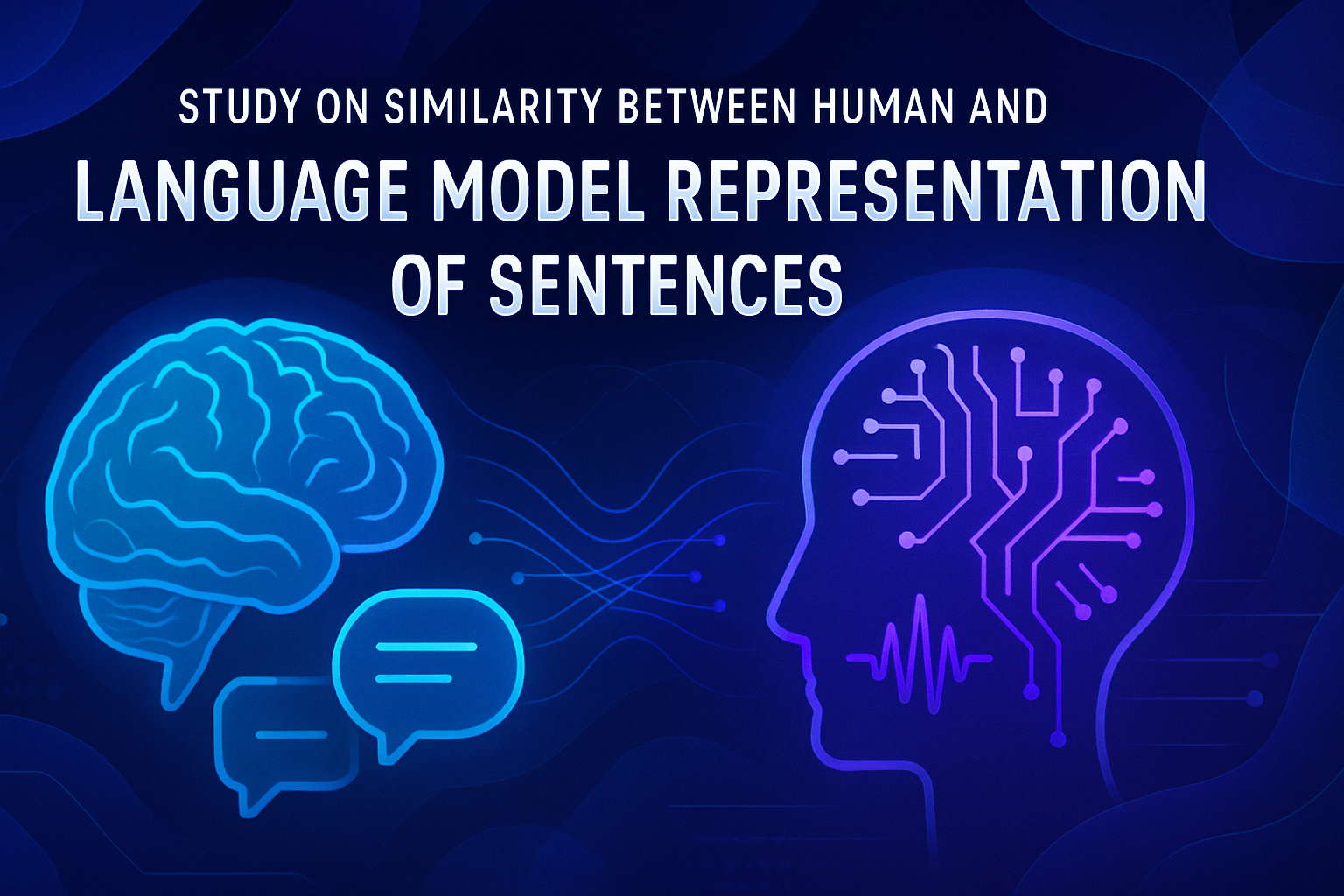Harry and Meghan reveal a bold stance on the rise of artificial intelligence. Their call for a ban on superintelligent systems raises profound ethical concerns. Experts, including Nobel laureates, join this initiative, revealing threatening issues for humanity. The statement from this collective highlights the urgent need to strengthen the regulation of advanced technologies. The risk of superintelligence escaping all control could disrupt our societies.
Call for a ban on superintelligent artificial intelligence
Harry and Meghan, the Duke and Duchess of Sussex, have joined pioneers of artificial intelligence (AI) as well as Nobel Prize winners to demand a ban on the development of superintelligent AI systems. The royal couple is among the signatories of a statement that calls for a complete halt to this research until a broad scientific consensus guarantees a safe and controllable development of AI.
The dangers of superintelligent artificial intelligence
The term “superintelligent artificial intelligence” (ASI) refers to AI systems that, in theory, exceed human intelligence in all cognitive domains. The signatories warn that the deployment of such systems could have catastrophic repercussions, including job loss and violations of civil rights. Figures like Geoffrey Hinton and Yoshua Bengio, two leading lights of AI, emphasize that the development of ASI should be suspended until a solid agreement on its safety is formed.
A response to public concerns
This statement, aimed at governments, tech companies, and lawmakers, is the result of an initiative from the Future of Life Institute (FLI), an American organization dedicated to the safety of AI. With the rise of technologies like ChatGPT, the issue of AI has become a major political topic. A recent survey revealed that about 75% of Americans support strict regulations on advanced AI. Indeed, six in ten Americans believe that superintelligent AI should not be created until it has been proven safe.
Perspectives from artificial intelligence experts
Mark Zuckerberg, the CEO of Meta, stated last July that the development of ASI is now “within reach.” Nevertheless, experts caution that discussions around ASI are often driven by competitive interests and massive investments in the AI field. The FLI warns that the development of ASI in the coming decade could lead to a series of serious threats, ranging from massive job automation to national security risks.
Potential regulatory violations in the AI sector
Major AI companies in the United States, such as OpenAI and Google, are committed to developing what they call “artificial general intelligence” (AGI), a theoretical state where AI mimics human intelligence across multiple cognitive tasks. Some experts point out that this advancement, while a step below ASI, could also pose existential risks, as it could self-improve and move towards levels of superintelligence. The pressures from companies to achieve this goal could potentially harm society.
Reactions from industry stakeholders and civil society
The position of Harry and Meghan, along with that of other experts, reveals a landscape of growing concern about AI capabilities. The tech sector must address the concerns raised by civil society. The need for regulation is urgent, especially after recent events related to AI abuses, such as the investigation into Nvidia or the debate over the chatbot from Snapchat.
The implications of superintelligence raise fundamental ethical questions. This debate becomes crucial as the world faces challenges related to AI. The concerns of the majority of the American population align with those of experts; vigilance is necessary regarding the rapid and unregulated development of AI technologies.
Frequently asked questions about banning superintelligent systems
Why do Harry and Meghan call for banning the development of superintelligent AI?
Harry and Meghan, as signatories of a statement, highlight the potential risks posed by superintelligent AI to humanity, particularly regarding safety, jobs, and civil liberties, calling for a scientific consensus on its safe development.
What is superintelligent AI (ASI)?
Superintelligent AI refers to artificial intelligence systems that would exceed human intelligence in all cognitive tasks, a technological achievement that has not yet been reached.
Who else signed the statement alongside Harry and Meghan?
Among the signatories are AI pioneers such as Geoffrey Hinton and Yoshua Bengio, as well as public figures like Steve Wozniak, Richard Branson, and national security legend Susan Rice.
What is the main objective of the statement signed by Harry and Meghan?
The main goal of this statement is to call for a prohibition on the development of superintelligent AI until there is a broad scientific consensus on its safety and public support for its development.
What concerns are raised by superintelligent AI, according to the signatories?
Concerns include the risk of job loss, infringements on civil liberties, threats to national security, and even the risk of human extinction due to the inability to control such AI systems.
Is there any data on public opinion regarding superintelligent AI in the United States?
A U.S. survey revealed that about three-quarters of citizens want strict regulation on advanced AI, with 60% of them opposing the development of superhuman AI until its safety is proven.
Why do some experts criticize the development of superintelligent AI?
Some experts believe that discussions around superintelligent AI are more about competition among tech companies than any imminent technical advancement, suggesting that concerns are amplified by business interests.
What is the current position of major AI companies like OpenAI and Google on this issue?
These companies explicitly aim to develop artificial general intelligence, which, while a level below superintelligent AI, could also expose society to existential risks.
